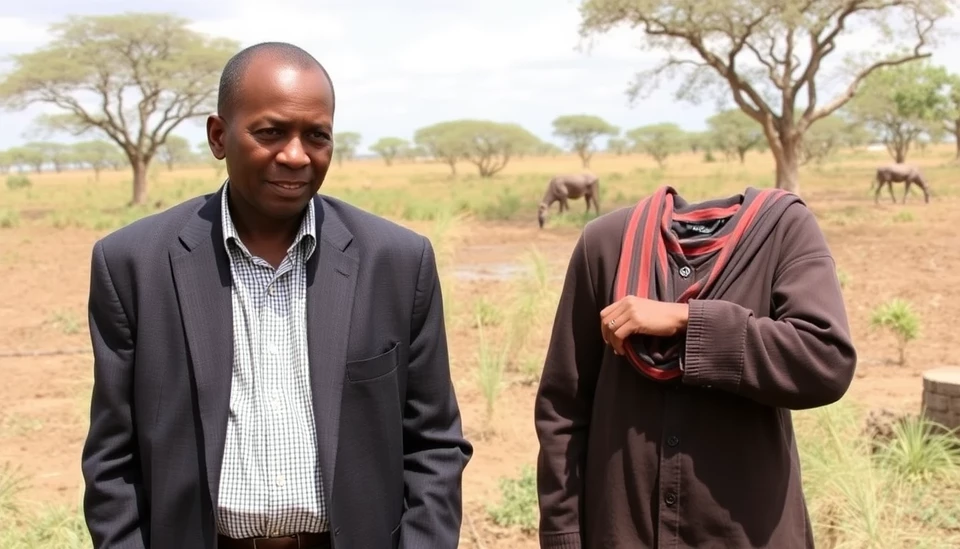
In a surprising turn of events, Zimbabwe is turning to the United Arab Emirates (UAE) for economic support amid increasing isolation from Western nations. This strategic pivot comes as the African nation grapples with years of economic decline, characterized by hyperinflation, unemployment, and widespread poverty. By fostering ties with the UAE, Zimbabwe hopes to unlock new opportunities and stabilize its struggling economy.
The relationship between Zimbabwe and the UAE has been strengthened significantly in recent months. As Western governments impose sanctions on Zimbabwe’s leadership over concerns regarding human rights violations and electoral issues, the UAE has emerged as an unexpected ally. Investments from the Gulf nation are pouring into Zimbabwe, particularly in sectors like mining, agriculture, and tourism, promising a potential lifeline for the beleaguered economy.
Key players in this UAE-Zimbabwe alliance include numerous Emirati companies looking to capitalize on the abundant natural resources of Zimbabwe, including diamonds and gold. These partnerships are seen as mutually beneficial, allowing the UAE to diversify its investments while providing Zimbabwe with much-needed financial inflows and expertise.
Zimbabwe’s economic strategy is primarily focused on attracting foreign direct investment (FDI) to revive its stagnating sectors. With the UAE as a willing partner, Zimbabwean officials are optimistic that this collaboration could attract more investment from other Gulf nations as well. The government has been rolling out various incentives for foreign investors, including tax breaks and streamlined regulatory processes.
However, this relationship is not without its complexities and controversies. Critics argue that Zimbabwe’s engagement with the UAE may lead to exploitative practices, reminiscent of past foreign engagements that favored outside interests over local communities. There are ongoing concerns regarding transparency and governance, as the nation seeks to ensure that new investments do not come at the expense of its vulnerable populations.
Despite these challenges, the Zimbabwean government appears steadfast in its commitment to this new economic path. In recent statements, officials have expressed confidence that the partnership with the UAE could herald a new era of growth and development. They emphasize the importance of international partnerships to create jobs and stimulate the economy, particularly in a country that has suffered from years of political instability.
The UAE's involvement is also seen as a strategic move to expand its geopolitical influence in Africa, further solidifying its position in a continent rich with opportunities yet often hampered by corruption and governance issues. As international dynamics evolve, both countries are leveraging this partnership to navigate their respective challenges.
In conclusion, as Zimbabwe looks to the UAE for economic support, it sets the stage for a complex yet potentially fruitful relationship that could reshape its economic landscape. The outcome of this gamble will be keenly observed, both within Zimbabwe and globally, as the nation tries to reclaim its position in the international community while struggling against the shadows of its past.
#Zimbabwe #UAE #Economy #ForeignInvestment #Africa #Mining #Partnerships
Author: Rachel Greene




